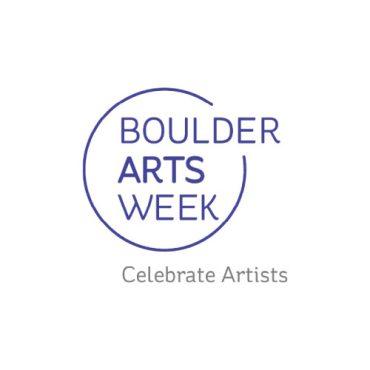“The experience of immigrants and groups coming to this country was filtered through this idea that to become an American, you had to become and assimilate into whiteness.”
Kirsten Wilson, founder of Motus Theater, says that looking back at history can help us understand current immigration policy and the current racial dynamics in this country.
“When I was first studying immigration history, I was interested, confused and appalled by the racial violence that is woven in the immigrant story, and when I started to pursue that and look into our country and our country’s history, one of the first things I noticed, that I didn’t know, was that you had to be white in order to naturalize from 1790 to 1952. So for the majority of this country’s history, from the first naturalization law in 1790 to 1952, you had to be white, or after the Civil War you could be a person of African descent, but you couldn’t be Asian, you couldn’t be referred to as non-white. So the experience of immigrants and groups coming to this country was filtered through this idea that to become an American, you had to become and assimilate into whiteness. There was a racial prerequisite law that was woven into the experience.”
Motus Theater’s new production, It’s Only a Paper Moon Hanging Over Immigration History, explores how ‘American’ came to become associated with assimilating into ‘whiteness’ and how the color-line is the dominant border patrol story of United States immigration history.
The piece is being debuted at the Dairy Arts Center in Boulder during the time of the solar eclipse, which is fortuitous timing according to Wilson. 
“What interests me about this whole eclipse is that eclipses in general are seen as a time where, not in every tradition but in most traditions, where the natural order is being…things are being threatened and a time of fear…but I see it as a really fecund opportunity to think “hey, literally the stars are aligned to create a new order” and we need one, because in the United States, the established order really comes out of huge legacies of violence against native peoples to justify the taking of land and violence against African Americans to justify the exploitation of labor. And we have an opportunity to shift things around to say “hey we can think of other ways of being in relationship to this land, other ways of being in relationship to and honoring other people’s labor. other ways of considering who is and who is not an American and whose lives actually really do matter to this country.” and I see this as a good opportunity.”
The performance returns to the darkness of the theater throughout the evening to explore with the audience the possibility of envisioning other scripts and roles that would create a more equitable future.
It’s Only A Paper Moon Hanging Over Immigration History uses historical drama and humor to challenge audience members’ notions and cultural understandings about race and class. These productions will illuminate for the audience our complex immigration history and help us to re-imagine an American identity.
The show is part of Motus Theater’s Let’s All be Americans Now series. The cast for It’s Only A Paper Moon Hanging Over Immigration History includes Kirsten Wilson and Jim Walker (lauded improv theater performer and co-creator of the award-winning musical Normal Heights). In addition, key community leaders will be invited to be interrogators of the material in each night of the performance.
-
 play_arrow
play_arrow
It’s Only a Paper Moon Hanging Over Immigration History KGNU News
It’s Only a Paper Moon Hanging Over Immigration History will be performed as a work-in-progress event at the Dairy Arts Center in Boulder, Colorado Thursday-Saturday 7pm and Sundays at 2pm on Aug 17-20; Aug 24-27th.
-
 play_arrow
play_arrow
It’s Only a Paper Moon Hanging Over Immigration History KGNU News
Podcast: Play in new window | Download

















